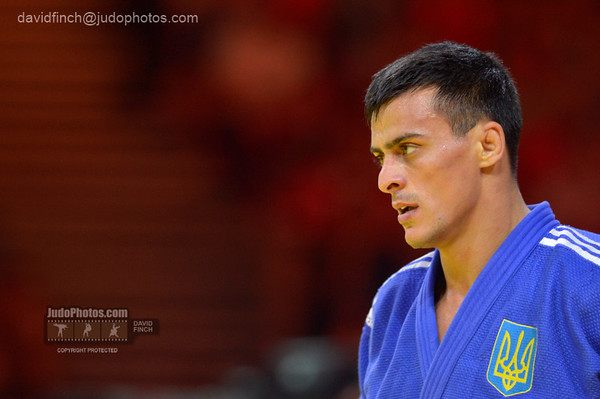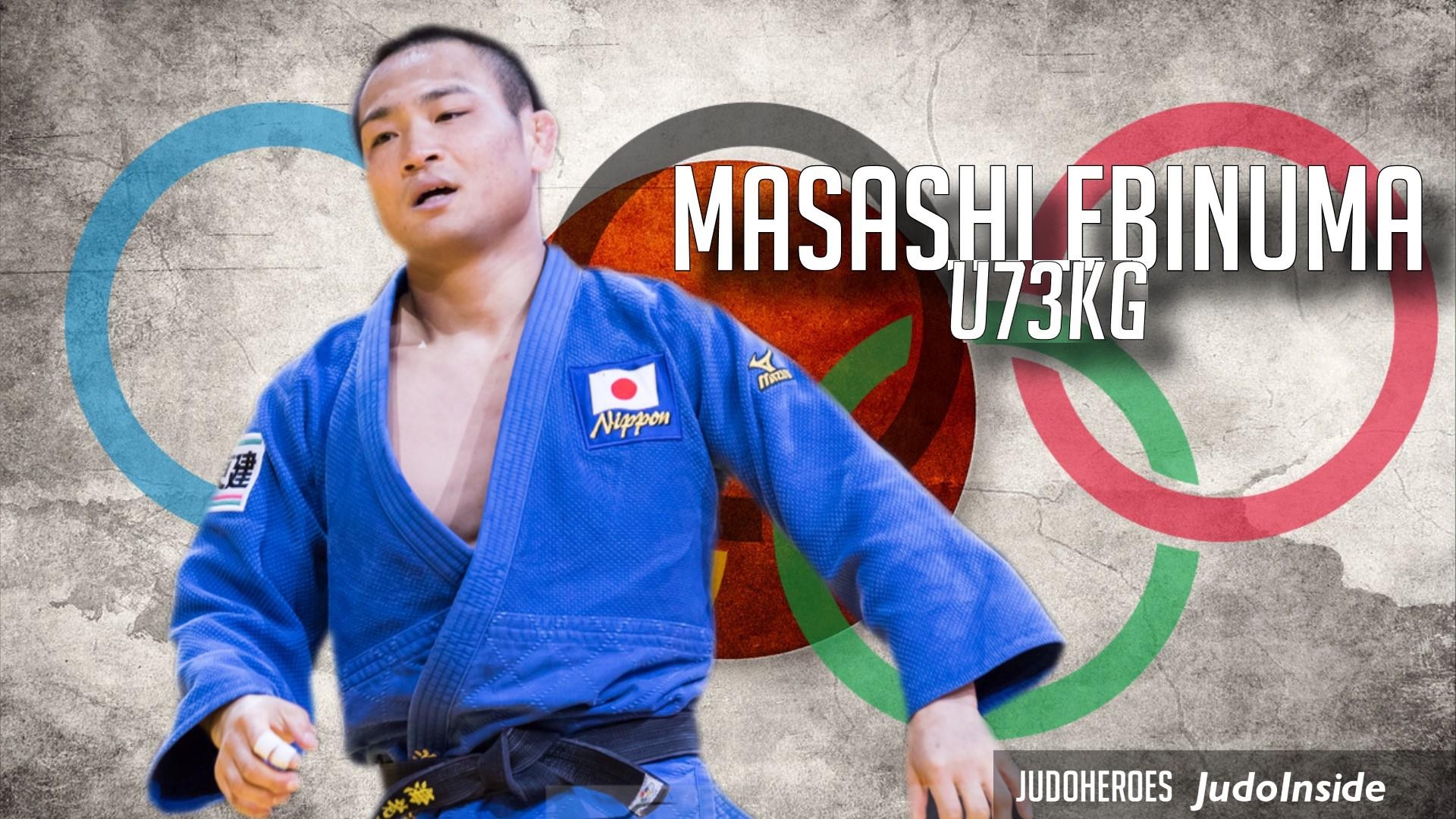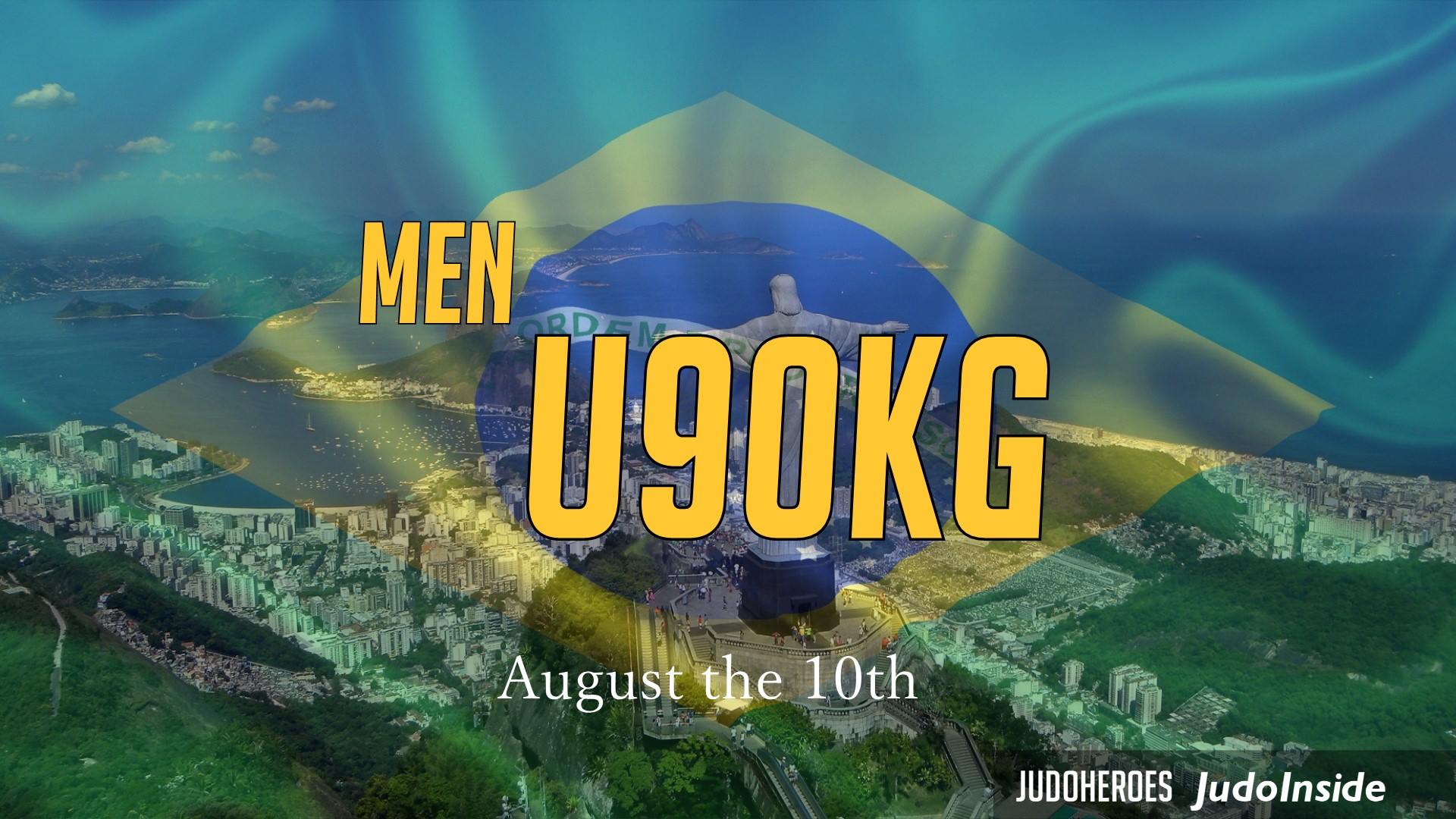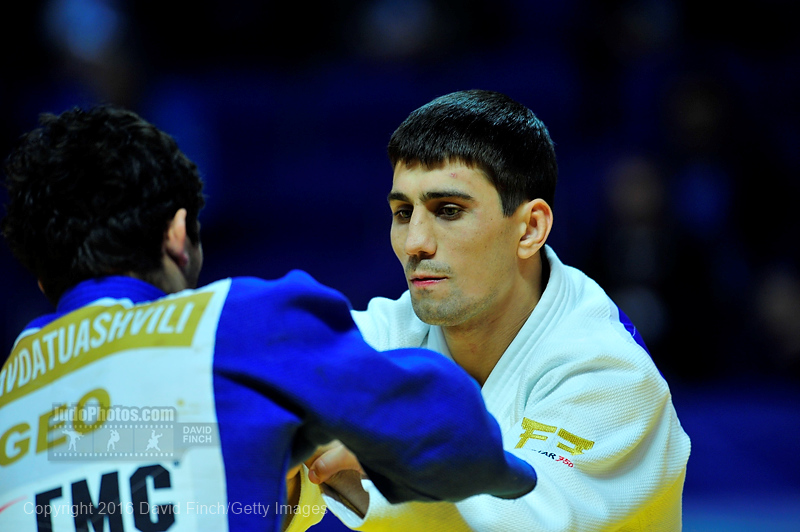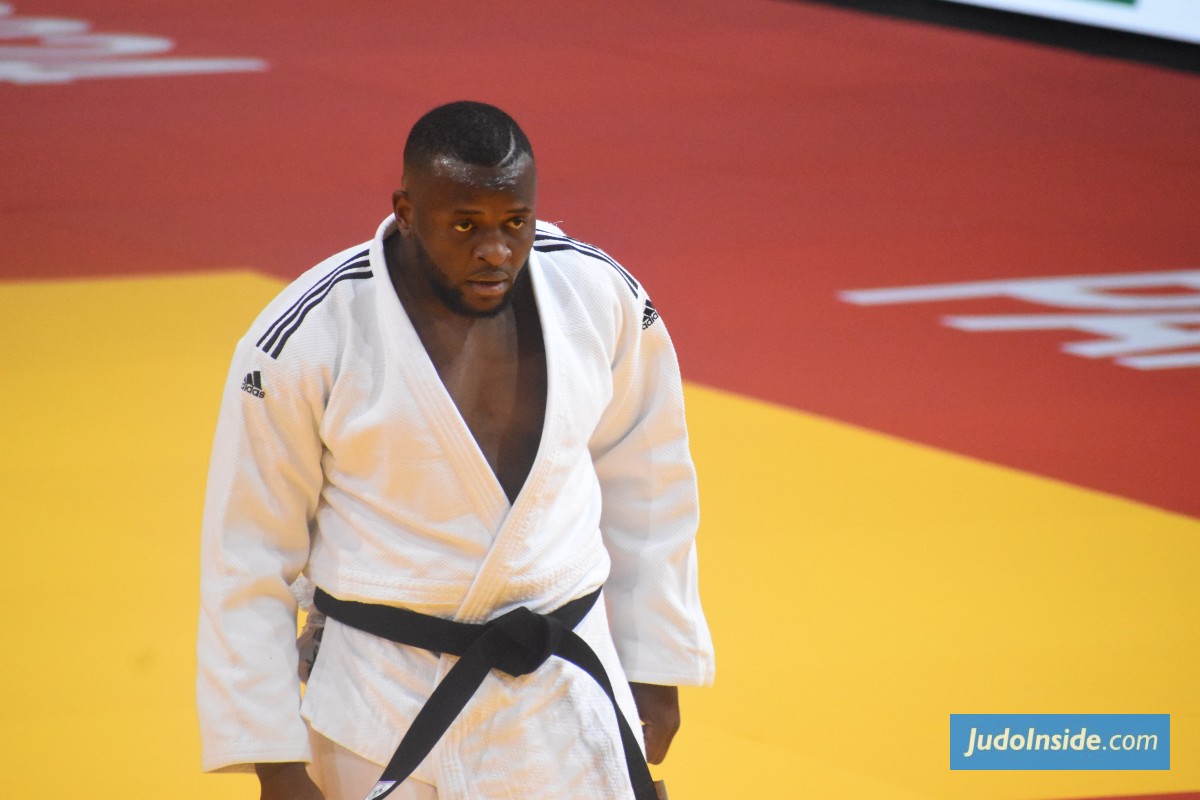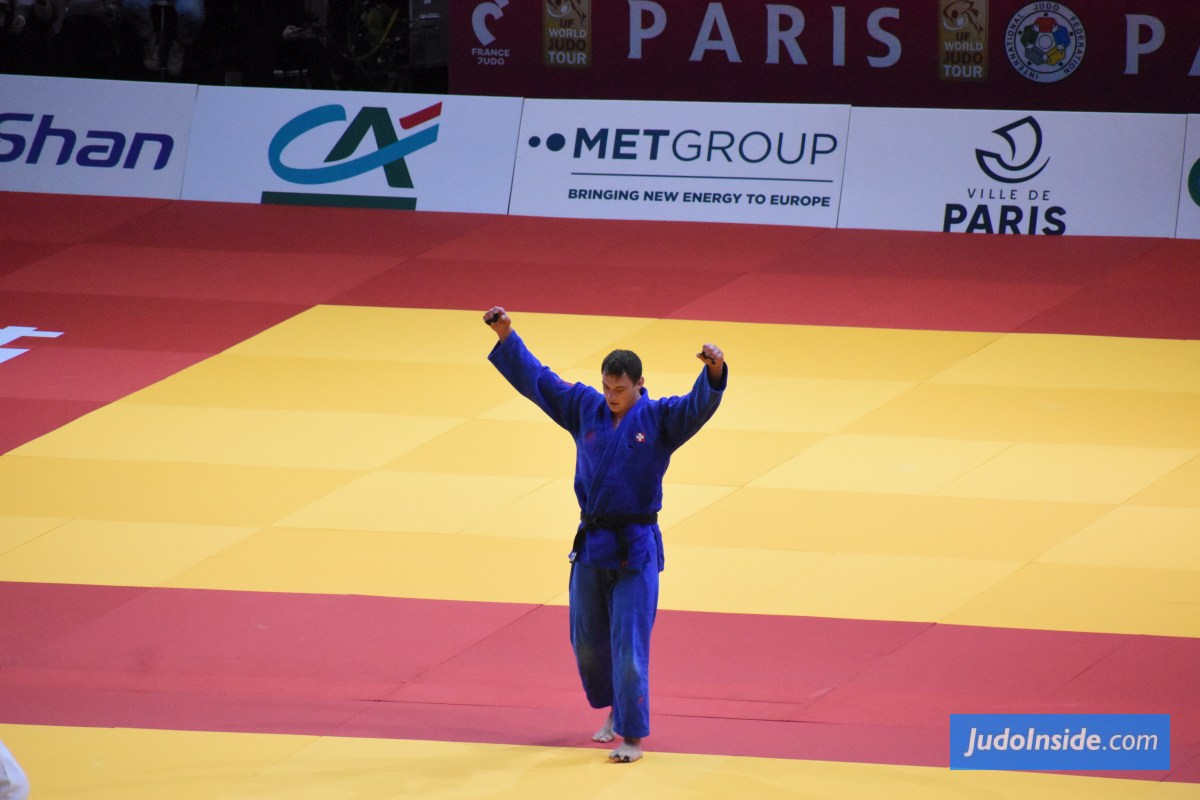Tiago Camilo sets unique triple record at PanAm Games

 14 Jul 2015 07:30
14 Jul 2015 07:30

 IJF Media Team / International Judo Federation
IJF Media Team / International Judo Federation
Tiago Camilo has captured the Pan American title for the third time in a row. The PanAm Games are held each four years and Camilo hasn’t been defeated since 2007 when he won the title for the first time. In 2011 in Guadalajara (MEX) he prolonged his title and at the age of 33 he won his third consecutive title in Toronto. The 33-year old athlete defeated Cuban Asley Gonzalez in the final by applying two shidos and the title was Tiago’s.
The experienced Brazilian began his campaign with a win over the Chilean Rafael Romo thanks to an ippon. As a result, new ippon gave the victory before the Argentine Cristian Schmidt.
Tiago Camilo gave the sixth gold in Brazil on Canada's Pan and the 24th medal in total - are six silvers and 12 bronzes. In judo, Brazil is the most glorious in the Panam 2015, and leads the ranking with three golds (Erika Miranda and Charles Chibana also won), one silver and five bronzes.
This year Camilo had also won the Pan American Championships held each year, this year in Edmonton (CAN). Also in Edmonton he defeated Asley Gonzalez in the final but the Cuban had won twice from the Brazilian before.
With the Brazilian team Camilo was in action at world level in August 2014 when he won bronze at the World Championships. At the London Olympics Camilo lost to Iliadis for a bronze medal. His last big international victory was in 2011 at the Grand Prix in Amsterdam.
Cuban Asley Gonzalez won silver, in June he warmed up with bronze at the Grand Prix in Budapest. The 2013 World Champion is like Camilo a candidate to regain the world title in Astana in August.
Camilo is qualifying for his fourth Olympic Games. In 2000 in Sydney he lost the final to Giuseppe Maddaloni, in Beijing in 2008 he won bronze after defeating 2005 World Champion Guillaume Elmont (NED). he can be the only active judoka who has a spread of 16 year between his first and last Olympic Games.
 like
like
 share
share
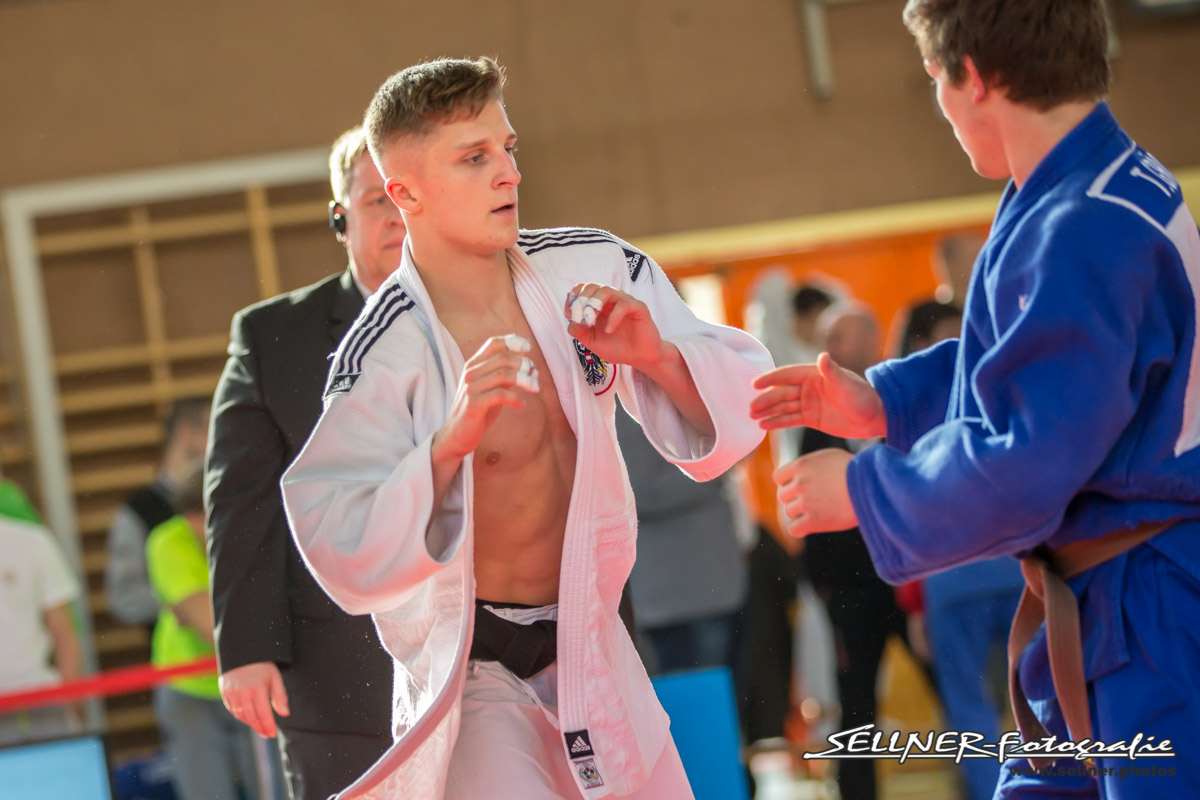
| Result | City | Date |
|---|---|---|
| 2 | Paris | 2024 |
| 1 | Abu Dhabi | 2024 |
| 1 | Zagreb | 2024 |
| 3 | Belgrade | 2023 |
| 2 | Montpellier | 2023 |

 - CAMILO, Tiago (BRA)1.jpg)
 (6).jpg)


